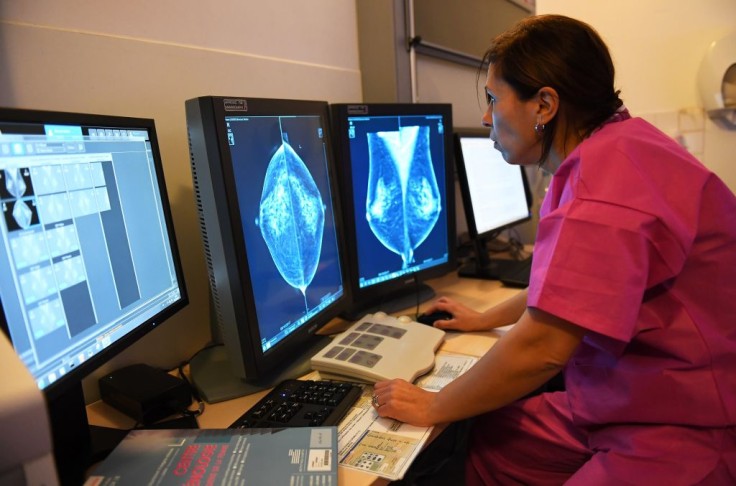During the onset of COVID-19 in 2020, it was found out that 28 million American citizens didn't have health insurance at any point during the year, according to the US Census Bureau.
Also, despite having health insurance, some health services are not always covered such as mental health services and follow-up breast cancer screenings.
At this point, artificial intelligence (AI) can step in to provide quality healthcare options at a lower cost. Companies like Vara and Paradromics are already working to increase access, affordability and ultimately healthcare outcomes.

What Can AI-powered Healthcare Provide to Americans?
According to Harvard's School of Public Health, "AI could improve health outcomes by up to 40% and reduce treatment costs up to 50% by improving diagnosis, increasing access to care and enabling precision medicine."
By 2025, if the AI healthcare was implemented correctly at scale, it could save the medical industry upwards of $150 billion in costs.
Lu Zhang, founder of FusionFund, a venture capital firm focused on backing early-stage startups like Paradromics, said that we could begin with AI for medical imaging, AI for diagnostic or AI for medical sequencing.
There's also more discussion about how we could better improve workflow efficiency using AI.
Zhang further added that when we talk about AI, we only think about AI algorithms, but there's also other artificial intelligence products like AI robotics.
Read Also: Americans Spend More On Healthcare Than Anyone In The World
What AI Can do in Breast Cancer Screenings?
According to the CDC reports, on average, 255,000 cases of breast cancer are diagnosed in women and 2,300 in men in the US.
Therefore, individuals, particularly women, are encouraged to have a mammogram performed annually. Health insurance plans usually covered the annual mammogram as it is preventative care.
However, if any abnormalities are found, they are then referred for a diagnostic mammogram, a screening that is less commonly covered by insurance.
One of the reasons Jonas Muff, founder and CEO of Vara, an AI-powered mammography screening platform, started his company is the high costs for diagnosis.
Vara offers a software screening service that can be installed on existing machines. It doesn't require hospitals or healthcare companies to invest in substantial new equipment. Muff says Vara uses AI on multiple fronts.
According to Muff, the software platform works to seamlessly filter out normal cancer-free mammograms.
Moreover, Vara's technology also alerts the radiologist in case they missed a potential case of cancer. This feature of Vara is called "safety net," which, via its AI and machine learning, may more quickly spot potential cancer.
What AI Can do for Mental Health Diagnosis and Treatments?
Mental health care and treatment are also often left out of insurance coverage in the U.S.
As a matter of fact, the National Institute of Mental Health (NIMH) reports that one in five U.S. adults live with a mental illness.
According to the National Alliance on Mental Illness (NAMI), although measures have been taken to make care for mental health more accessible, it isn't enough.
Therefore, individuals who are in need of treatment are left with few options or options that are usually unaffordable. This is where Paradromics, an AI-powered company, step in to bridge the gap.
Using AI and machine learning, Paradromics aims to develop a data interface that directly interacts with neural signals from the brain.
"Connexus Direct Data Interface," one of the technologies the company is developing, collects a massive amount of individual neural signals with a fully implantable device designed for long-term daily service.
According to Paradromics reports, its first clinical application, which is an assistive-communication device for patients who've lost the ability to speak or type, will likely expand to mental health diagnoses in the future.
Related Article: How Artificial Intelligence Can Help Mankind Solve Global Problems









